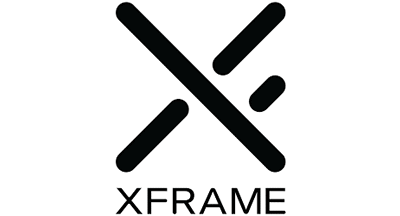2023 Awards Finalists
The KiwiNet Awards celebrate heroes in research commercialisation — those individuals and organisations whose best practice approach is changing the innovation landscape in New Zealand. We congratulate the 2023 finalists!
Momentum Student Entrepreneur Finalists
This award recognises a highly motivated university student who looks beyond the science and sees the prize - how their idea can change the world. The student is making outstanding contributions to business innovation or has created innovative businesses in New Zealand through technology licencing, start-up creation or by providing expertise to support business innovation.
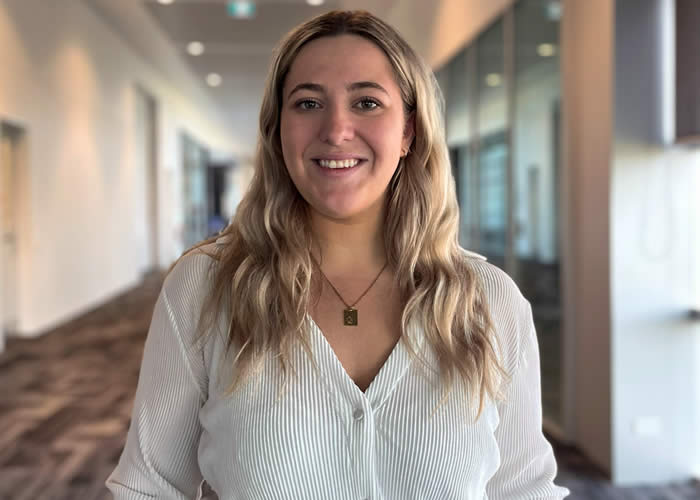 Lucy Grunfeld
Lucy Grunfeld
Bra+ve / Massey University
Supporting breast cancer surgery recovery
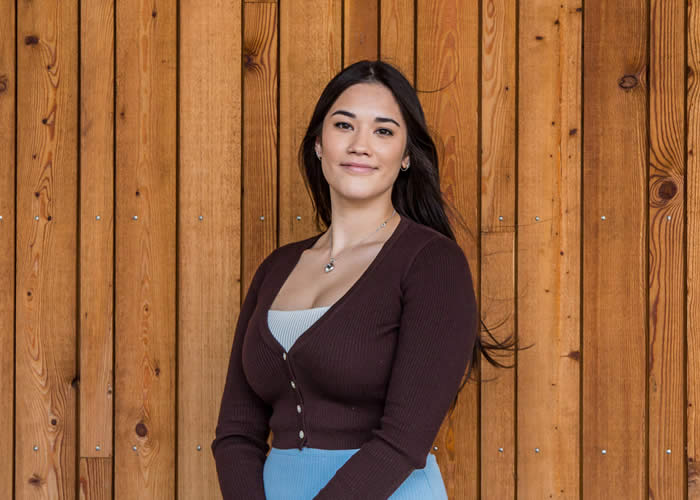 Monique Lau
Monique Lau
Endosoothe / University of Canterbury
Reimagining menstrual care through innovation and community
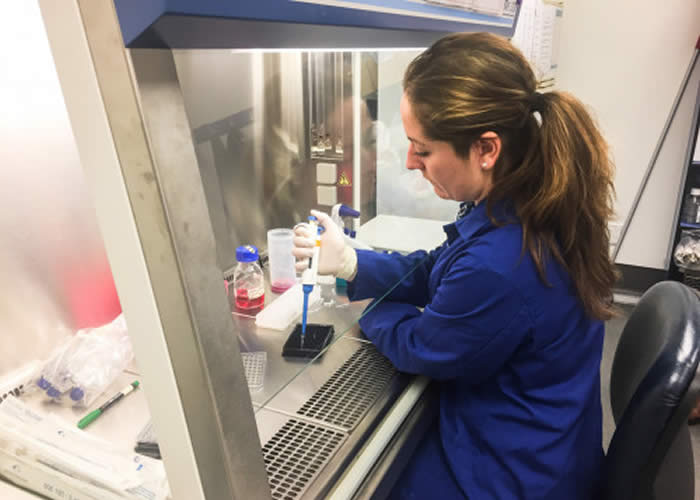 Sophie Burling
Sophie Burling
Project Geminae / Massey University
An entrepreneurial leader transforming drug discovery for Neuromuscular Disorders
Lucy Grunfeld: Bra+ve / Massey University
Supporting breast cancer surgery recovery
Like most outstanding innovations, Lucy’s came from a heartfelt desire to alleviate a loved one’s distress.
In 2016, Lucy’s godmother underwent a breast cancer procedure. This significant event deeply impacted her journey as an Industrial Designer and would later inspire her to pursue entrepreneurship to make a difference in the lives of others.
Witnessing the challenges her godmother faced during her breast cancer journey, Lucy was particularly struck by the emotional and physical discomfort of the post-operative bra her godmother was required to wear for a whole year after her procedure. Her godmother described it as “ugly and uncomfortable” and “making her feel terrible during a time when she needed comfort and support the most”.
This provided the impetus for Bra+ve (Bra Positive), a post-operative bra to alleviate the physical discomfort and emotional distress experienced by women recovering from breast cancer surgery.
Bra+ve is crafted using sustainable, antimicrobial materials using innovative 3D knit technology. The addition of magnetic fasteners enhances independence and makes it easier to use, especially for those with limited hand mobility. The unique cross-over shape allows each cup size to be controlled separately, accommodating uneven breast tissue post-surgery.
Bra+ve shows strong commercial potential through its extensive engagement with the target market and medical professionals. Through surveys, interviews, and focus groups, this project connected with over 140 patients, eight healthcare specialists and four lingerie designers and ensured that the postoperative bra met the specific needs of its users, built up a community around the product and answered a unique market need.
New Zealand has one of the highest breast cancer incidences worldwide, and currently post operative bras are imported from overseas suppliers, which can cause long wait times; the country will benefit from a product designed by a local foundation.

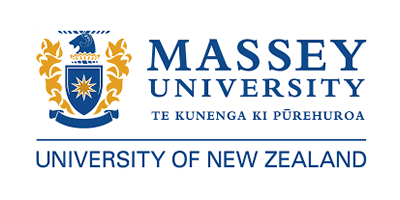
Monique Lau: Endosoothe / University of Canterbury
Reimagining menstrual care through innovation and community
Having lived with endometriosis, Monique has first-hand experience not only of the discomfort and stigma surrounding endometriosis and menstruation, but also of the efficacy of her innovation. Add a background in chemical formulation, and the value proposition becomes more and more enticing.
Endosoothe is committed to redefining the menstrual experience by offering a comprehensive range of products that address the challenges women face during their menstrual cycles. They provide a range of thoughtfully crafted menstrual care products using natural active ingredients that prioritise comfort, sustainability and effectiveness.
One of the standouts of this project is the community that Endosoothe is building online prior to product launch; emphasising their commitment to education, raising awareness and support rather than just selling product. This also informs a unique human-centred market research approach that targets consumers directly to inform product development and remain transparent with regard to information, solidifying the trust of the community affected before investigating medical regulation.
Monique is an active and valued member of UC's entrepreneurial community, and we commend her on continuing her commitment to community through her product.


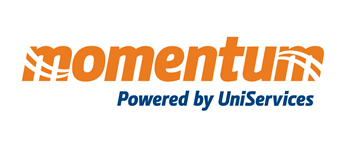

Sophie Burling: Project Geminae / Massey University
An entrepreneurial leader transforming drug discovery for Neuromuscular Disorders
Sophie is currently completing a PhD in Biochemistry at Massey University, specialising in tissue engineering stem cell-derived models of neuromuscular disease for use in diagnostics and drug discovery. Her undergraduate background is in cell biology, genetics, and business law. In 2022, Sophie spent six months at the Massachusetts Institute of Technology based between the Langer and Tsai labs as a visiting Fulbright scholar, working to generate multicellular stem cell-derived brain and gut-brain axis models for investigating Alzheimer's and Parkinson's disease.
Brace yourself, there's more. Sophie is also Research Lead at Project Geminae. Project Geminae proposes "the continued development of a microfluidic "organ chip" drug- discovery platform that emulates the human motor system of healthy and diseased people."
Currently, Neuromuscular Disorders (NMDs) are debilitating, complex diseases that lack effective treatment options. NMDs are among the most physically devastating in their clinical presentation, placing immeasurable emotional and financial burdens on families and the healthcare system. NZ has the world's highest incidence rate, and it is increasing. Most people die within three years of diagnosis, and current therapies only extend life expectancy by 1-6 months.
Not only is the disorder a considerable challenge, but so is the testing of novel drugs that could treat this disorder: first testing on a cell culture and then switching to clinical trial takes upwards of 10 - 15 years from phase 1 to market. Project Geminae aims to drastically reduce that time by introducing deep tech that emulates the entire human body, completely transforming the drug discovery process.
But it's not just Sophie's project that is incredibly ambitious and exciting; it's also her entrepreneurial journey. Sophie has wholeheartedly embraced the entrepreneurial spirit of driving research to commercialisation and continuously supporting people - whether they be other disruptors and groundbreakers or the patients themselves. Sophie remains inspirational in her vision, drive and humanity.
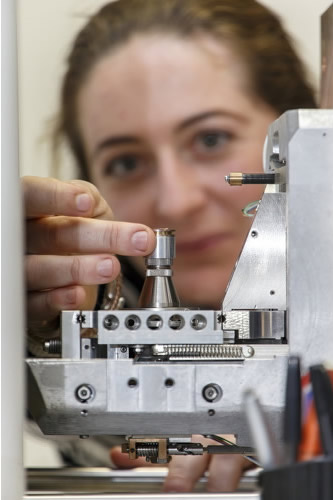

Sprout Breakthrough Innovator Finalists
This award recognises an upcoming entrepreneurial researcher who is making outstanding contributions to business innovation or is creating innovative businesses in New Zealand through technology licencing, start-up creation or by providing expertise to support business innovation.
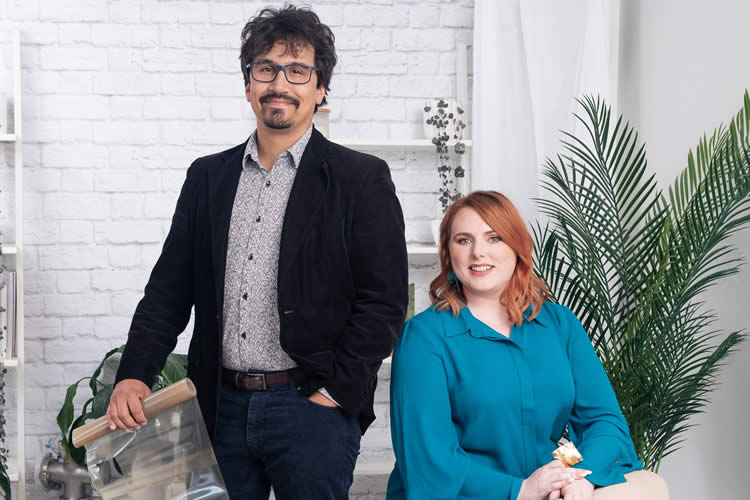 Dr Jérôme Leveneur
Dr Jérôme Leveneur
Bspkl / GNS Science
New Zealand’s first deep technology hydrogen start-up.
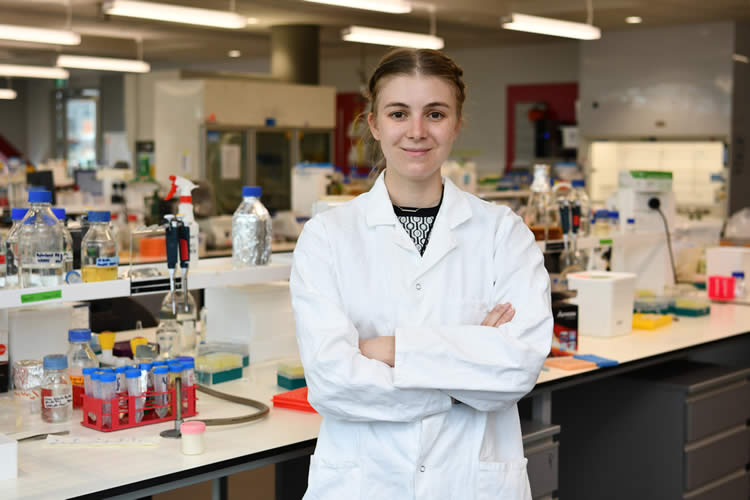 Dr Olivia Ogilvie
Dr Olivia Ogilvie
Opo Bio / Waipapa Taumata Rau, University of Auckland
Cultivating meat for the next generation.
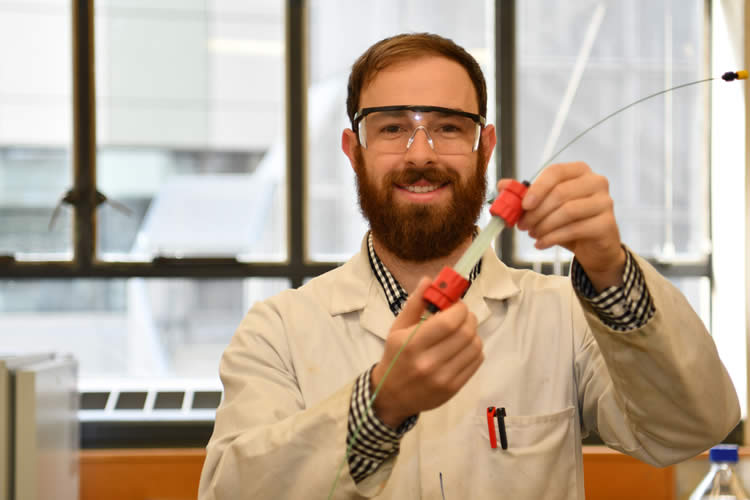 Dr Sean Feast
Dr Sean Feast
Precision Chroma / University of Canterbury
Pioneering 3D printed chromatography to transform the separations industry
Dr Jérôme Leveneur, Bspkl / GNS Science
New Zealand’s first deep technology hydrogen start-up.
Dr Jérôme Leveneur is the Co-Founder and CTO of Bspkl, New Zealand's first deep technology hydrogen start-up. This new manufacturing technology, targeting the electrolyser and fuel cell market, supports the world's transition to a more sustainable future.
Jérôme was an Ion Beam Materials Scientist at GNS Science when he developed a new manufacturing technology that could drastically reduce the amount of precious metals used in the production of catalyst-coated membranes (CCM), used in technologies for hydrogen production, while also increasing the speed of the CCM manufacturing process.
This led to the invention of Bspkl - a revolutionary approach to ion beam modification with a wide range of potential industrial applications, and which no one else in the market can currently produce.
Bspkl was spun-out in April 2023 with a $2.8 million seed investment round led by WNT Ventures. As the first start-up to be formed with IP from GNS Science, it represents the culmination of many years of innovation and championing of commercialisation. It is a testament to Jérôme's tenacity, perseverance, and positivity, being a key leader in successfully navigating the path to spinout and solving many challenges along the way.
Jérôme is deeply passionate about creating real-world impact, and he continues to work on collaborative new IP with other public research institutions, helping to generate other new IP that can move Aotearoa closer to a zero-carbon future.
At a time when the world is increasingly interested in investing in green hydrogen, Jérôme has helped put New Zealand on the map as having the capability to accelerate a green hydrogen economy.
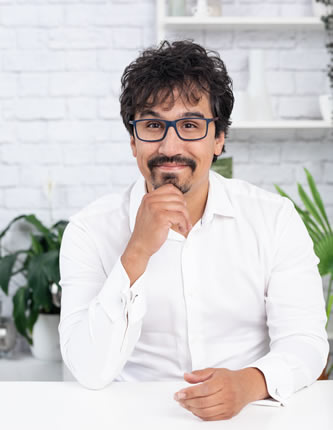


Dr Olivia Ogilvie, Risos Enterprises Limited/ University Of Auckland
Revolutionising water safety for the world. The Waicorder™ - Rapid E. coli and protozoa analysis for our drinking water.
Dr. Olivia Ogilvie is a pioneer in the cultivated meat field, where meat is produced by culturing animal cells in vitro. Olivia is the co-founder and CEO of Opo Bio, New Zealand's first cultivated meat company, which supplies cells from Aotearoa New Zealand, for the cultivated meat industry worldwide. She has played an instrumental role in developing and commercialising their cell line development technology platform that enables large-scale cell culture production.
Opo Bio is based on MBIE funded research led by Dr Laura Domigan at the University of Auckland and codeveloped with Olivia (University of Canterbury) and Dr Vaughan Feisst (University of Auckland).
Olivia was integral in spearheading the spinout process from the University of Auckland in July 2022, successfully raising $1.5 million in a seed round led by Matū Karihi, syndicated with the University of Auckland Inventors' Fund, Booster Innovation Fund, and angel investors.
Under Olivia's leadership, Opo Bio has achieved remarkable success in a short period of time. The company now employs seven staff, has formed partnerships with livestock farms across Aotearoa for ongoing tissue supply, and successfully launched its MVP (minimum viable product) which has generated over $20,000 in sales to date from global customers. It has also opened an R&D facility at the Newmarket Innovation Precinct in Auckland.
Throughout her short career Olivia has worked on the intersection of science and commercialisation, and is passionate about building and supporting the commercialisation ecosystem in Aotearoa. She serves on the Canterbury Momentum Investment Committee, mentors aspiring entrepreneurs, and is involved in technology competitions like XPRIZE. Olivia also continues to excel in academia, currently supervising three PhD students and publishing in top-tier journals like Nature Food.
Olivia clearly demonstrates an entrepreneurial spirit and dedication to advancing the field of cultivated meat, and has successfully shifted from research to leadership in driving Opo Bio's commercial traction.

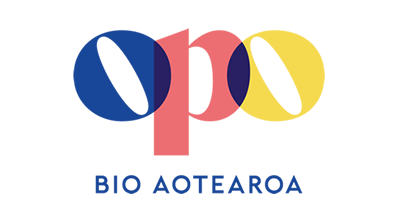
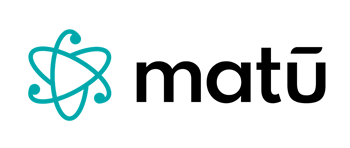
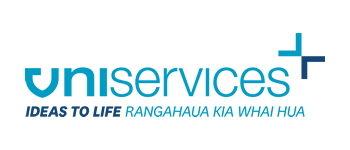
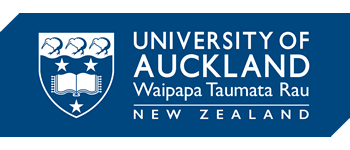
Dr Sean Feast - Precision Chroma / University of Canterbury
Pioneering 3D printed chromatography to transform the separations industry
Dr Sean Feast, Founder and CEO of Precision Chroma, is playing a critical role in commercialising a new method of chromatography that greatly simplifies the manufacture of important biologic pharmaceuticals, making life-saving medicines more accessible.
In 2017, Sean joined the University of Canterbury 3D porous media research team as a master’s student, supervised by the technology inventor Professor Conan Fee. He quickly saw industry potential for their technology. Sean spent his PhD developing it for different applications and showing pathways for scaling the technology to make it commercially viable.
Sean led Precision Chroma’s spinout at the start of 2022, securing seed funding from Bridgewest Ventures and Callaghan Innovation.
Precision Chroma has the potential to disrupt the $8.5B bio-separations industry with its next-generation 3D printed chromatography columns. The technology can reduce processing times by up to two days at commercial scale. This innovation streamlines three essential processes into a single step, eliminating costly consumables and equipment expenses that could provide up to $300 million in savings for the industry.
In just over a year, Sean has built and led an effective team to hit key milestones, successfully navigated the company through pivoting to a new target application, achieved vast scale-up from lab to pilot scale, and developed further valuable IP. He is also currently leading the company through its first capital raise.
In 2022, Sean was awarded the YES Alumni Innovator of the Year award and was a finalist for the Hi-Tech Young Achiever 2023. Sean is also an active advocate and mentor in the start-up community and is passionate about supporting and inspiring the next generation of breakthrough innovators.

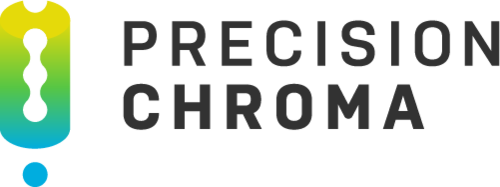


BNZ Researcher Entrepreneur Finalists
This award recognises an entrepreneurial researcher who has made outstanding contributions to business innovation or has created innovative businesses in New Zealand through technology licensing, start-up creation or by providing expertise to support business innovation.
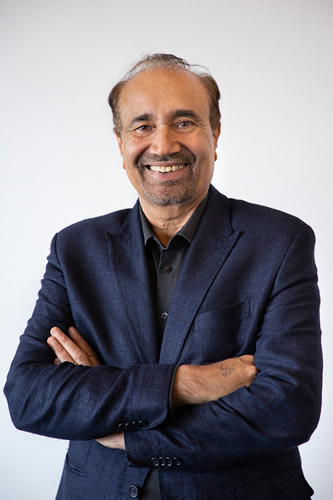 Distinguished Professor Harjinder Singh
Distinguished Professor Harjinder Singh
Riddet Institute / Massey University
Esteemed food scientist and icon of research entrepreneurship
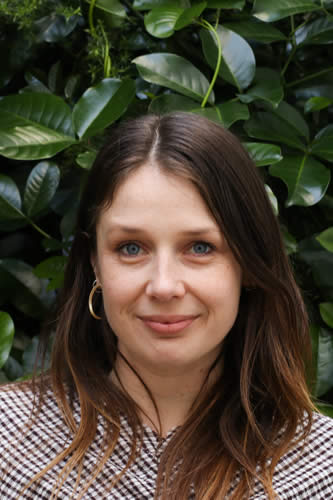 Dr Laura Domigan
Dr Laura Domigan
Waipapa Taumata Rau, University of Auckland
Leading New Zealand to the frontier of future foods
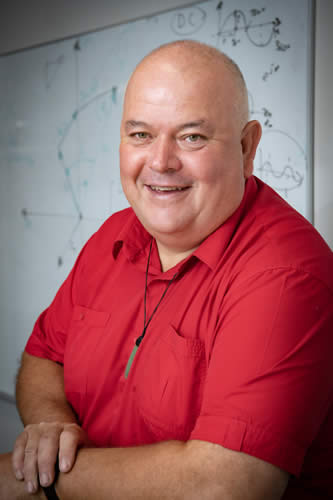 Professor Rod Badcock
Professor Rod Badcock
Robinson Research Institute - Te Herenga Waka—Victoria University of Wellington
Building an emerging clean tech economy taking New Zealand’s expertise to the world
Distinguished Professor Harjinder Singh - Riddet Institute / Massey University
Esteemed food scientist and icon of research entrepreneurship
The inventor behind many of Massey University's largest commercial deals, and a 2012 Prime Minister's Science Prize recipient, Distinguished Professor Harjinder Singh has built an extensive track record as a world-renowned food scientist and researcher-entrepreneur.
Across his distinguished career, Harjinder has worked with many of the world's global food giants, including Danone, Fonterra, Pepsico, Goodman Fielder, and Nestlé. His early research on milk proteins directly led to two patented innovations, which Fonterra Co-operative Limited have commercialised. The invention of a patented encapsulation technology for fish oils became the basis for the Riddet Institute's spin-out company, Speirs Nutritionals Limited.
Harjinder was an inventor behind the FERRI-PRO technology, acquired by Nestlé in 2018 to fight global iron deficiency. This remains Massey University's single biggest deal - both in terms of Commercialisation Impact and societal benefits. The first FERRI-PRO product was recently launched in Pakistan where 1-in-2 children are iron deficient.
With an impressive 25 patents to his name, 8 of which have been commercialised, and several new projects in the pipeline, Harjinder also gives much back to the next generation of researcher entrepreneurs. With a growing entrepreneurial culture around commercialisation, he is excited by the life-changing opportunities for the young scientists he gets to train and mentor.


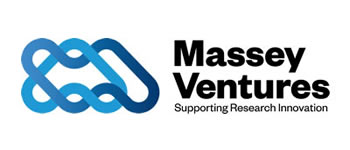

Dr Laura Domigan - Waipapa Taumata Rau, University of Auckland
Leading New Zealand to the frontier of future foods.
Dr Laura Domigan is a Senior Lecturer, Chemical and Materials Engineering at the University of Auckland, and Chief Scientific Officer of Opo Bio, New Zealand's first cultivated meat company, which supplies cells from Aotearoa New Zealand, for the cultivated meat industry worldwide.
As a protein biochemist, tissue engineer, and co-founder of Opo Bio, Laura has become a recognised international leader in cultivated meat, while navigating complex and challenging commercialisation opportunities key to New Zealand’s future prosperity. Her ground-breaking work in cultivated meat tackles some of the planet's major social and environmental challenges, such as greenhouse gas emissions, ethical food choices, animal welfare and food security. It is an emerging sector with the potential to transform the global food industry.
Since joining the University of Auckland in 2015, Laura has been awarded more than $5 million in research funding. Most recently her research was fundamental to the commercialisation of Opo Bio in 2022, and her earlier PhD research at the University of Canterbury contributed to a patent which formed the basis of biotechnology startup Hi-Aspect Ltd.
Laura is an active member on boards including the MBIE Science Board, committees, judging panels and research groups, and has been instrumental in elevating the importance of policy and regulation in the future food industry. She champions an evidence-based approach for New Zealand and is a thought leader with Te Puna Whakaaronui, New Zealand’s independent food and fibre sector think tank.





Professor Rod Badcock - Robinson Research Institute - Te Herenga Waka—Victoria University of Wellington
Building an emerging clean tech economy taking New Zealand’s expertise to the world.
Professor Rod Badcock is the Deputy Director and a founding member of Paihau – Robinson Research Institute at Victoria University of Wellington. He is recognised as a pioneer in the field of applied superconductivity, focusing on accelerating this technology into new applications such as generators, motors, power transformers, medical imaging systems, electric space propulsion and high field magnets.
Rod is currently leading New Zealand’s contribution to an international effort to decarbonise transport. His team is developing cutting-edge work on electrifying aviation and other heavy transport, which has attracted interest from the industry's top global players and promises to put New Zealand at the forefront of an emerging global electric aircraft motor market, estimated to be worth more than $200 billion USD by 2050.
As a champion of New Zealand's innovation system, Rod fosters an entrepreneurial environment at the Robinson Research Institute, urging students to design innovations that address problems in the real world beyond the lab. This has resulted in the spin-out of exciting new companies like OpenStar Technologies and the international success of domestic start-ups like HTS 110. Cleantech development company Fabrum, which recently closed a $23 million funding round, has a very strong collaborative relationship with Robinson Research Institute and has also benefited from Rod’s support and valuable assistance in accessing the international superconducting market.
Rod is pushing the envelope on what's possible with superconductivity, with a focus on applying the technology to transition to a clean, sustainable future. He has played a key role in establishing the Robinson Research Institute as a world-leader in mission-oriented superconductivity research.

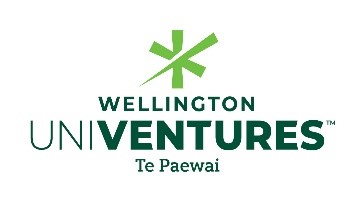

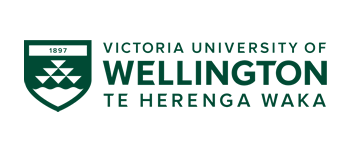
Simpson Grierson Commercialisation Professional Finalists
This award recognises a commercialisation professional working within a New Zealand research organisation who has made an outstanding contribution to the commercialisation of publicly-funded research.
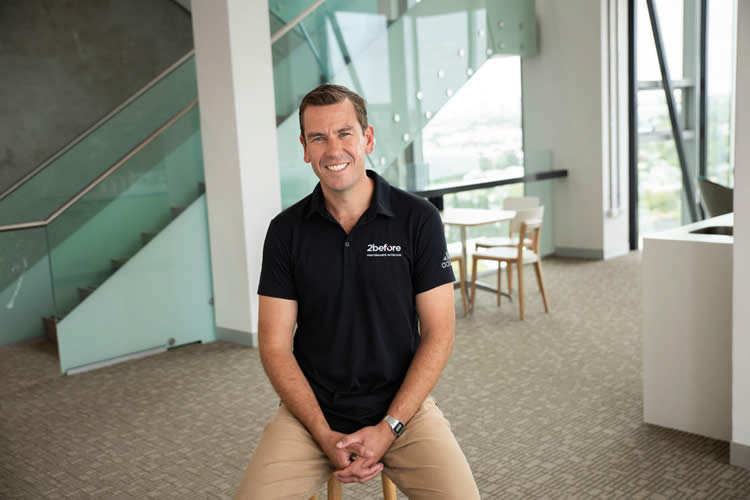 Brendan Vercoe
Brendan Vercoe
2before Performance Nutrition – Plant & Food Research
Commercialising natural products backed by science.
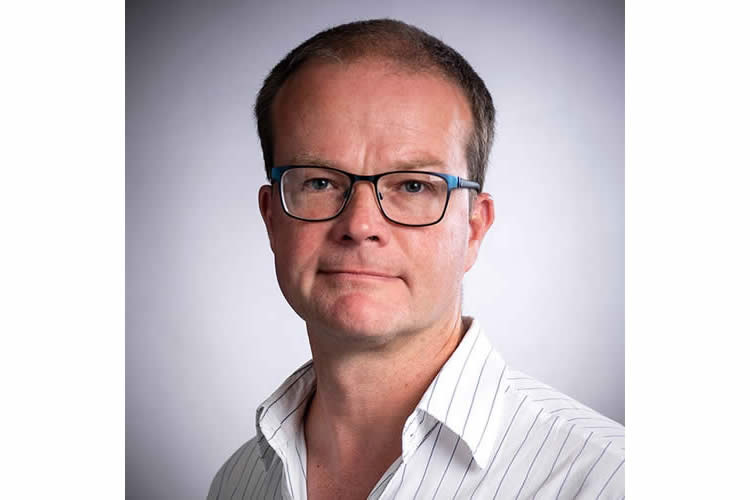 Kevin Sheehy
Kevin Sheehy
MacDiarmid Institute
Effective support for deep tech entrepreneurs, start-ups, and the ecosystem
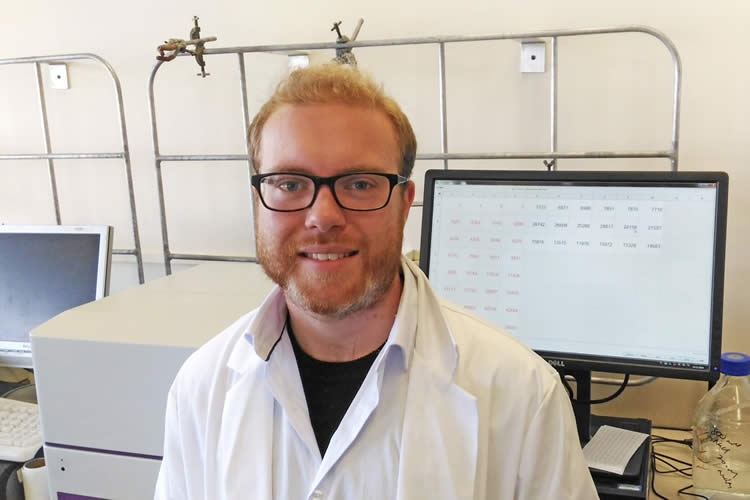 Dr Sean Mackay
Dr Sean Mackay
Massey University
Breaking the commercialisation professional mould.
Brendan Vercoe - 2before Performance Nutrition – Plant & Food Research
2before Performance Nutrition – Plant & Food Research.
A passion for nature combined with unwavering perseverance has led Brendan Vercoe to commercialise two science-backed, clinically proven, and IP-protected natural products in the last five years.
Brendan was Commercial Development Manager at Plant & Food Research when he spotted an opportunity to commercialise the hop extract Amarasate™ to support healthy appetite management. He worked alongside Sarah Kennedy, the Founder and CEO of Calocurb, to bridge the gap between science and business and create a new product for commercialisation. With Amaraste as an active ingredient, calocurb™ was launched to market in 2018 and is now an established business growing rapidly across 5+ countries. Amarasate was recently named 2022 NutraIngredients Asia Ingredient of the Year for Weight Management.
Following this, Brendan played a key role in commercialising 2before™ - a blackcurrant powder supplement for optimising sports performance training. Under Brendan's leadership, 2before completed a successful capital raise and was spun-out as an online direct-to-consumer company in 2020 with Brendan taking the reins as CEO. The product also won the NutraIngredients USA Product of the Year for Sports Nutrition in 2020. 2before is currently selling on Amazon and is exploring new formats and undergoing clinical trials to expand its offering further.
Brendan constantly champions the quest for commercial opportunities and has shown admirable perseverance in overcoming obstacles across the commercialisation journey and pivoting, multiple times, when needed. Gaining IP protection for natural products is very difficult, and Brendan has successfully done this with two ventures supporting the health of consumers worldwide.
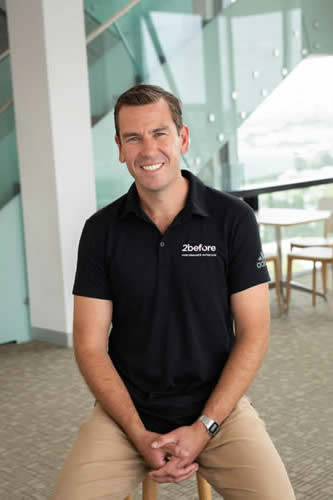
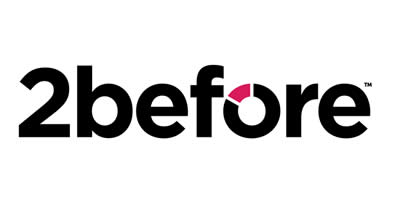
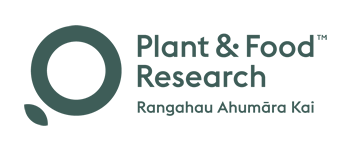
Kevin Sheehy - MacDiarmid Institute
Effective support for deep tech entrepreneurs, start-ups, and the ecosystem
Kevin is a highly accomplished commercialisation professional whose work has a deep and wide-ranging impact nationally.
In Kevin's core role supporting deep tech and cleantech researchers within the MacDiarmid Institute, he oversees a pipeline producing 2-3 affiliated start-ups per year. Since Kevin joined the Institute, it has spun out nine deep tech innovations. He tangibly contributes to success- at all points along that pipeline – from supporting new PhD students through to guiding founding professors. The MacDiarmid Institute affiliated startups he supports have raised over $13M of investment to date.
His impact also extends to the wider deep tech sector. Kevin has established several valuable forums for entrepreneurs and commercialisation professionals across NZ; he is a mentor to others in the space; and in 2022 he helped organise a New Zealand delegation of 14 companies to attend the 'Cleantech Forum Asia' in Singapore which led directly to at least two international partnerships.
Significantly, Kevin has recently been involved in highlighting the need to enhance support for scale-up of NZ deep tech companies, drawing many stakeholders together into constructive discussions and presenting the findings to the government.
Kevin is a tireless champion for the wider ecosystem, adept at identifying the people and projects with potential, and building relationships between entrepreneurs, TTOs (the transfer offices), investors and others. He plays a key role in MacDiarmid's ongoing success in commercialising world-changing research.
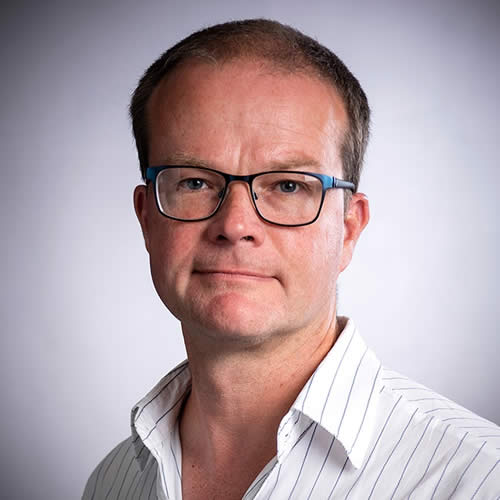

Dr Sean Mackay - Massey University
Breaking the commercialisation professional mould.
Dr Sean Mackay represents a new generation of commercialisation professional, blending his roles as a scientist, inventor, commercialisation manager, and founder. Starting out as an inventor of several deep-tech opportunities, Sean now works for Massey Ventures in a tailor-made Senior Commercialisation Manager role that unleashes his unique skillsets.
He is responsible for a pipeline of commercial opportunities at Massey University, including many where he acts as a principal investigator, inventor, and/or founder. In under three years, Sean has helped raise around $3M and supported four spinouts (one where he was a founding inventor) and two licenses (one with Sean as a named inventor). These include: Ampersand Technologies, Retrabac Therapeutics, Nanophage Technologies, Captivate Technology and Strawberry Birthmarks.
He is also responsible for facilitating the University’s first Iwi investment, generating a healthy pipeline of commercial opportunities, and supporting the introduction of a flexible benefit-share model for founders and a new Student IP policy.
Sean has actively sought new opportunities to advance his skills, such as participating in KiwiNet’s Emerging Innovator Programme, and moulding his career to suit his strengths, creating the best outcomes for his organisation and team. He is leading the way for a new generation of researcher entrepreneurs and commercialisation professionals.



PwC Breakthrough Project Finalists
This award recognises a project that demonstrates best practice commercialisation of publicly-funded research.
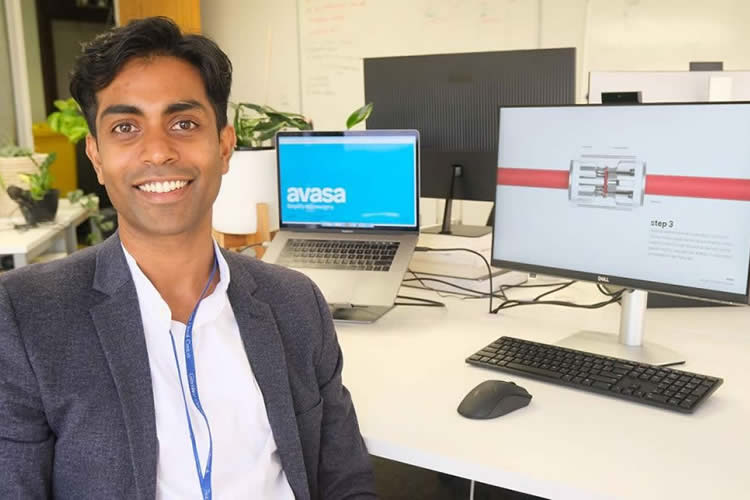 Avasa
Avasa
Waipapa Taumata Rau, University of Auckland
Transforming reconstructive microsurgery.
 Bspkl
Bspkl
GNS Science
Activating sustainability through innovative manufacturing.
 Strawberry Birthmarks
Strawberry Birthmarks
Massey University / Gillies McIndoe Research Institute
A game-changing treatment for infants .
Avasa – Waipapa Taumata Rau, University of Auckland
Transforming reconstructive microsurgery
Avasa is a medtech startup with the mission to simplify microsurgery. Currently, plastic surgeons must painstakingly hand sew microvascular arteries and veins in reconstructive operations which is risky and time consuming. Hand sewing an artery can take 40-60 minutes, and failure rates are reported at 5%.
Having personally experienced this problem, biomedical engineer and former plastic surgery resident Dr Nandoun Abeysekera developed Avasa, a revolutionary microvascular coupling device to aid the connection of both arteries and veins in reconstructive microsurgery.
Surgeons can perform safe and reliable vascular connections with unparalleled speed and precision using the proprietary device which standardises vascular eversion.
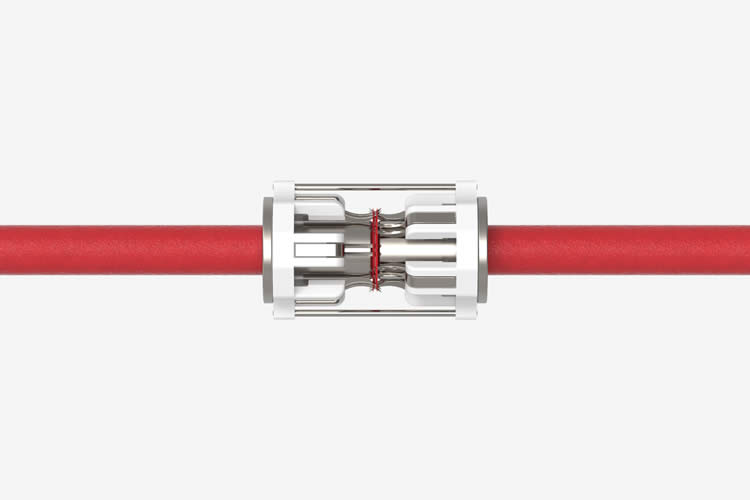
Avasa's revolutionary microvascular coupling device
On its path to market, Avasa placed a large amount of focus on strategic collaboration and early engagement with end-users. By bringing together surgeons, engineers, designers, quality assurance, and commercialisation experts, the team addressed critical user needs from the outset, paving the way for a faster transition from research to real-world application. The Avasa team undertook a thorough IP examination to enhance its IP defensibility and proactively learnt from initial challenges, developing many prototype designs before reaching a viable solution.
Backed by Auckland UniServices, Avasa Ltd was created in 2018, and is now based in the Auckland Bioengineering Institute's incubator space. In 2022 the company raised funds in a seed round led by Bridgewest Ventures and has enlisted a team of engineers and advisors to advance product development for manufacturability. It aims to gain regulatory approval and launch to market in 2025.
Avasa's microvascular coupling device has far-reaching applications for the plastic and reconstructive surgery market. Its IP also extends to many other critical medical operations, opening the possibility for Avasa to transform reconstructive surgery worldwide.




Bspkl – GNS Science
Activating sustainability through innovative manufacturing.
In 2023, Bspkl became the first start-up to be formed from IP arising from GNS Science and NZ’s first hydrogen deep-tech start-up.
The result of over a decade of work by Dr. Jérôme Leveneur in the Materials Science team at GNS Science, Bspkl was developed as a breakthrough approach to scalable manufacturing of Catalyst Coated Membranes (CCM) for hydrogen production, while significantly limiting the need for precious metals. Bspkl’s technology has significant potential to overcome supply chain constraints and support the rapid growth of the global clean hydrogen industry.
Bspkl was spun-out in April 2023 with a $2.8m capital raise, led by WNT Ventures, and with co-investment from local and overseas investors.
Its commercialisation journey highlights the power of collaboration between public research and private venture capital to create a perfect combination of public good and Commercialisation Impact: the collective effort between the team at GNS Science, WNT Ventures and Bspkl ensured the best commercial outcome for all parties involved; and the deal ensured the founders are well incentivised through their equity holding, the IP is secured within the company, and the CRI remains a shareholder.
With Jérôme now CTO, and Co-Founder Christina Houlihan as CEO, Bspkl has established its own facility in Lower Hutt where it is scaling manufacturing of the CCMs, to support the world's transition to a more sustainable future.
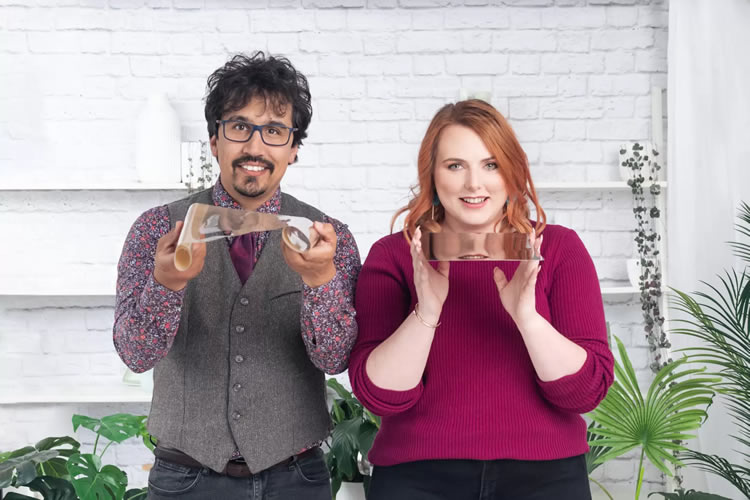
Bspkl co-founders Dr. Jérôme Leveneur and Christina Houlihan



Strawberry Birthmarks – Massey University / Gillies McIndoe Research Institute
A game-changing treatment for infants.
Strawberry birthmarks are benign vascular tumours that affect 1-in-10 children. 15% of cases require treatment during infancy to stop disfigurement, or the threat to bodily function and sometimes life. Due to potential drug-related side-effects, up to 85% of infants are left untreated and may become disfigured for life.
Researchers at Gillies McIndoe Research Institute and Massey Ventures are developing a topical treatment for strawberry birthmarks that will be more accessible, allowing treatment of more affected children whilst also reducing drug-related side effects. Massey Ventures led the commercialisation of the treatment in a niche market worth an estimated $750M annually in the US, Europe, and China alone.
In 2022, Massey Ventures announced an agreement with NZ-based AFT Pharmaceuticals and the Gillies McIndoe Research Institute to license the IP, with plans to launch the treatment in over 100 countries. AFT Pharmaceuticals will be responsible for the preclinical and clinical development and global regulatory and commercialisation of the product.
It took just six weeks for the team to arrive at a mutually beneficial deal, after leveraging the networks and funding available via PSAF and the KiwiNet Emerging Innovator Programme to rapidly de-risk the project and progress to investor readiness. The agreement is a prime example of a home-grown technology retaining its IP in New Zealand and creating significant potential export value, all while providing a life-changing medical treatment.
As the first pharmaceutical deal in Massey Ventures’ history, the agreement with Gillies McIndoe Research Institute and AFT Pharmaceuticals has now unlocked significant networks, skills, resources, and global reach, to unleash a life-changing drug with global potential.





MAS Commercialisation Impact Finalists
The commercialisation impact award celebrates excellence in research commercialisation delivering outstanding innovation performance and the potential for generating significant economic impact for New Zealand.
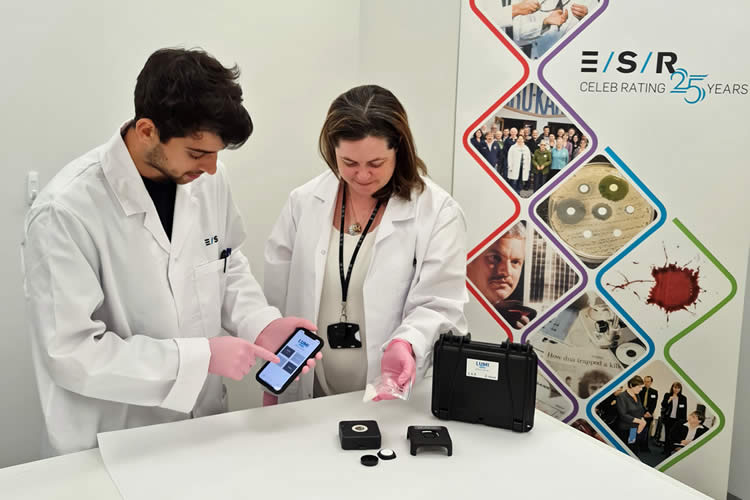 Lumi™ Drug Scan and ESR
Lumi™ Drug Scan and ESR
Making forensic science accessible to frontline responders.
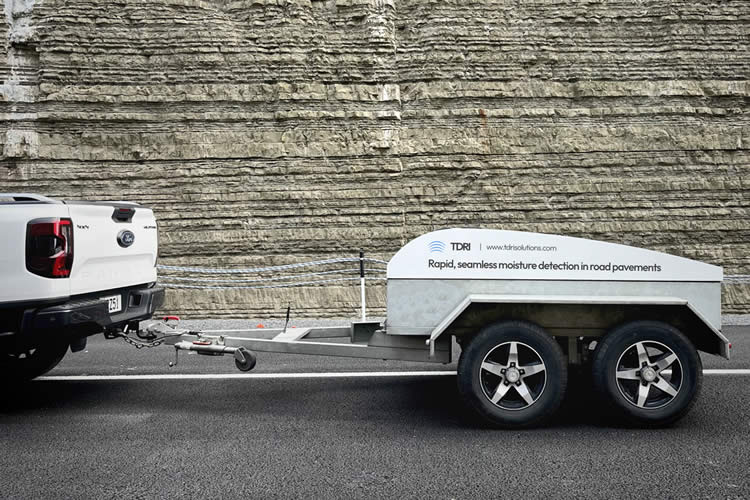 TDRI and Lincoln Agritech
TDRI and Lincoln Agritech
Reducing roading costs with rapid subsurface moisture detection.
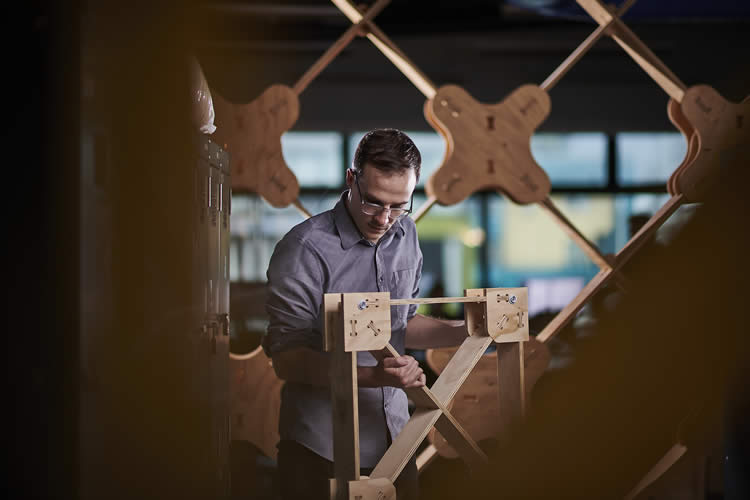 XFrame and Wellington UniVentures
XFrame and Wellington UniVentures
Reusable framing for the next generation of sustainable construction.
Lumi™ Drug Scan - ESR
Making forensic science accessible to frontline responders.

Lumi™ Drug Scan by the Institute of Environmental Science and Research Ltd (ESR) is a revolutionary tool for analysing drug samples, transforming how frontline staff respond to illicit drugs.
Approximately 10,000 drug samples are seized each year by NZ Police, yet current options for forensic testing of drug samples are not available to frontline staff. They also come with health and safety risks, are costly, and don’t provide sufficiently fast results.
Lumi combines a handheld near-infrared (NIR) device, a mobile phone application, and cloud-hosted machine learning drug detection models, to allow frontline responders to safely analyse illicit drug samples anywhere and anytime.
ESR and the NZ Police worked together to co-design the technology, ensuring that Lumi is fit-for-purpose and directly meets the needs of users.
Lumi has been deployed nationally by New Zealand Police with 150 devices rolled out, over 1,700 officers trained, and 3,800 samples analysed within its first year of operation. Lumi is also being trialled in Australia supporting law enforcement agencies to also benefit from real-time drug analysis results.
Each time Lumi is used it helps law enforcement agencies to respond swiftly and accurately, getting one step closer to reducing the harm caused by illicit drugs within our communities.

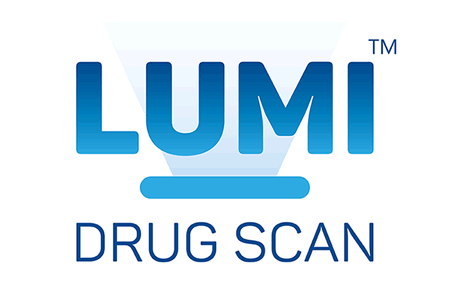
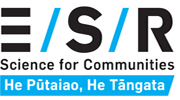
TDRI and Lincoln Agritech
Reducing roading costs with rapid subsurface moisture detection.
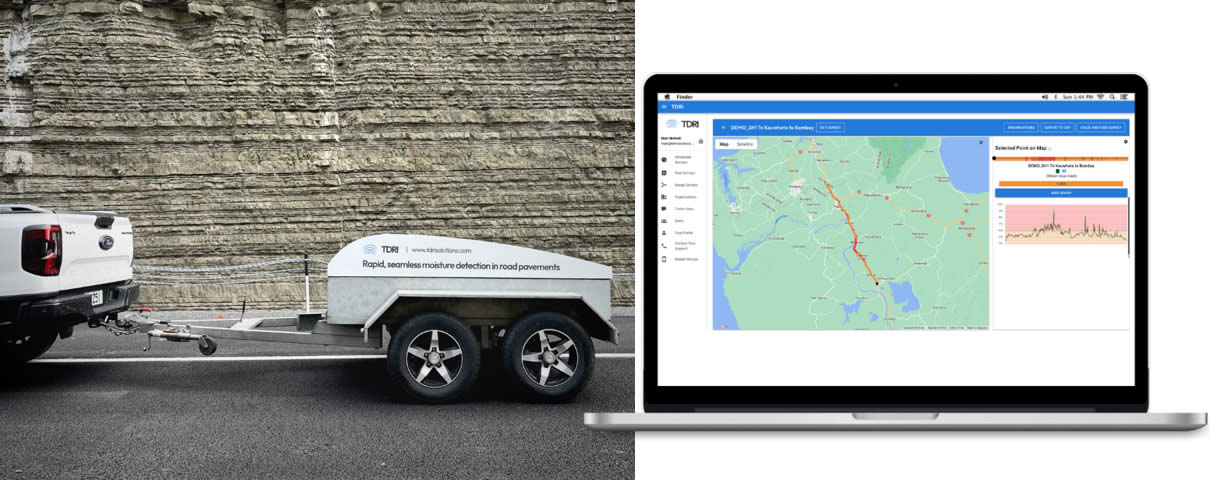
TDRI is on a mission to extend pavement life and reduce roading costs globally. Its breakthrough sensing technology born out of Lincoln Agritech can measure subsurface moisture across road networks and generate significant long-term benefits for New Zealand.
Increased subsurface moisture can accelerate road deterioration by 2.5x. However, the sector has lacked a good way to measure it across networks with previous methods being inefficient or impractical in delivering quality moisture data at scale. As such, root causes for road deterioration are often missed in maintenance approaches that predominantly treat surface level symptoms or failures. This leads to unnecessary rework and waste of resources in the short term.
In 2018, TDRI was incubated and commercialised through a unique partnership with WNT Ventures. This has allowed Lincoln Agritech's interests to be maintained while progress and changes to TDRI's business model have been accommodated throughout phases of the venture development.
Generating over $300,000 in the past year working with some of NZ's leading roading stakeholders, TDRI's breakthrough sensing technology enables asset managers to transition from a reactive maintenance approach to one that incorporates preventative drainage and sealing treatments informed by proactive subsurface moisture surveys. Following this success, WNT Ventures has ramped up operations in 2023 by hiring the startup's first key leadership hires, including its CEO, Matt McNeill.
The collaboration between WNT Ventures and Lincoln Agritech has found and validated a solution fit for a large, global problem. TDRI's technology has the potential to generate significant positive impact to the lifetime cost, sustainability and safety of our roads, and ultimately increase export earnings for New Zealand.


XFrame and Wellington UniVentures
Reusable framing for the next generation of sustainable construction
Approximately half of all New Zealand’s waste—about 1.6 million tonnes every year—is generated by the construction sector.
XFrame, a game-changing framing system, has the potential to eliminate waste and reduce the raw materials used by the building industry. Every component of the XFrame system is designed to be disassembled 40% faster than conventional building methods and reused at the end of the building lifecycle —an architectural solution promising to transition the building sector to a circular economy without compromising the growth and development of communities.
Developed by Ged Finch while completing his Master’s in Architecture at Victoria University of Wellington, XFrame has experienced rapid growth supported by investment, expertise and connections through Wellington UniVentures, KiwiNet and Innovyz.
Since its spin-out in 2019, XFrame has closed three successful capital raises and delivered projects to tier one customers in New Zealand, Australia, the United States and Brazil. In its first year of public sales, XFrame kept six tonnes of construction waste out of the landfill and sequestered 35 tonnes of carbon dioxide.
Now fast approaching broad market release, and with revenues increasing 14-fold, XFrame is a stellar example of a commercialisation project made possible by ecosystem support, scaling rapidly with huge potential for impact.

XFrame founder Ged Finch
